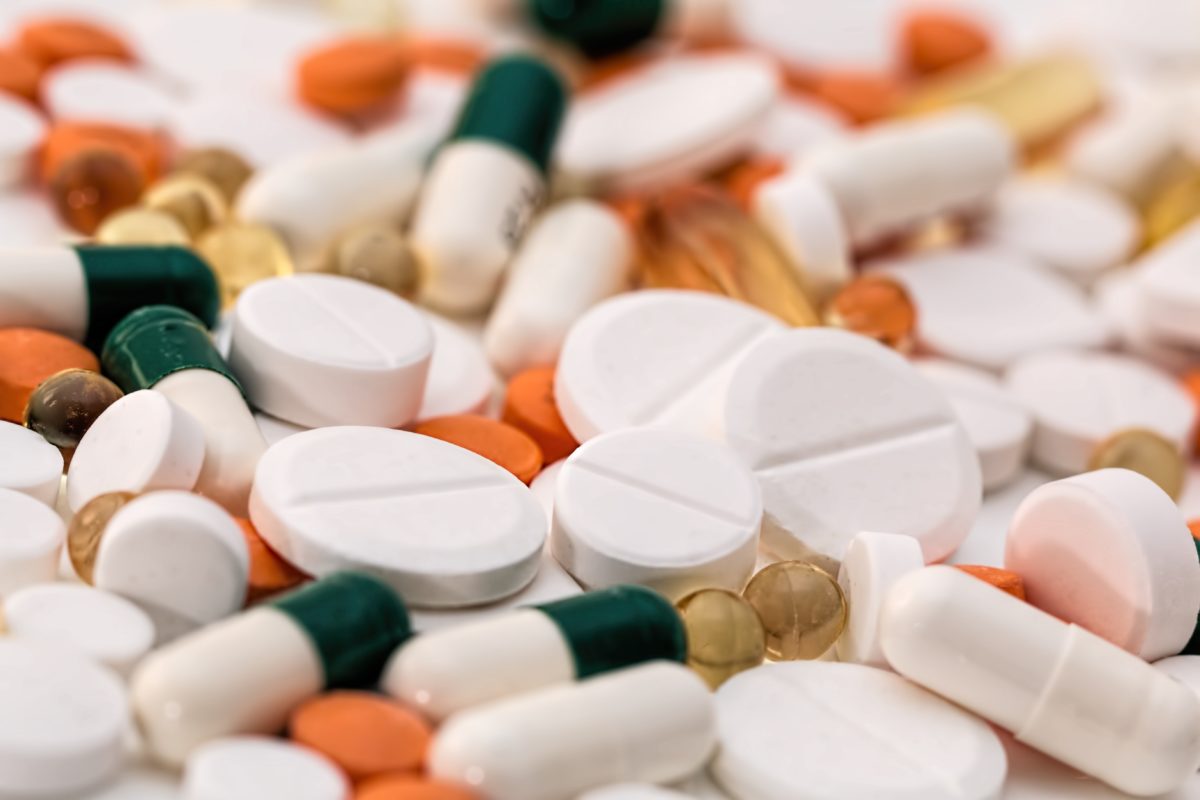7/6/2020
The race to develop a legitimate medication or vaccine for COVID-19 has dominated the pharmaceutical industry for the past several months as the virus has swept across the world, infecting over 10 million people currently. These medications will be both incredibly lucrative for the company that produces them and imperative for the world to recover from the pandemic and limit the loss of life. For both reasons, motivation is high. But shouldn’t the urge to save lives and end the pandemic outweigh any financial benefits for the pharmaceutical company that finally succeeds?
On May 1, 2020, the FDA issued an emergency authorization for the drug remdesiviras a treatment for COVID-19. It was shown in early trials to decrease the recovery time for hospitalized COVID-19 patients by an average of four days, in addition to slightly decreasing the likelihood of a “serious adverse event” in patients who took remdesivir as compared to those who took a placebo. While the drug does not prevent catching COVID-19, it is currently being rolled out into hospitals in order to assist recovery.
But the pharmaceutical company that holds the patent, Gilead Sciences, has made several unethical decisions regarding the distribution of this incredibly important drug based, one can only assume, on the desire to make as much money as possible on remdesivir.
One 10 day course of treatment of remdesivir will cost a privately insured patient $5200 and a publicly insured patient $3900. It is a well-known fact that pharmaceutical companies (particularly in the United States) inflate costs of critical prescriptions, leaving many people choosing between feeding their families and purchasing life-saving medications. This is clearly yet another example of overpricing in the healthcare industry.
The CEO of Gilead Science, in an open letter published on June 29, argues that the company is actually doing the world a favor by pricing remdesivir this way. He claims that, by getting patients out of the hospital an average of four days faster, he’ssaving them roughly $12,000 in hospital bills, and that it, therefore, would have been fair of the company to price remdesivir at an even more mind-boggling rate. He pats himself on the back for charging less than $12,000 for a course of remdesivir, and claims he’s doing so to “ensure broad and equitable access at a time of urgent global need.”
The fact is, however, that Gilead Sciences is not ensuring broad and equitable access of remdesivir, as highlighted by their second distribution choice. The company has allowed the Trump Administration to purchase over 500,000 doses of the drug, which corresponds to more than 90% of the company’s projected production in the next three months.
No other country will have significant access to the only drug that has been shown to have an effect on COVID-19.
By allowing a single buyer to outbid everybody else and make an order that makes remdesivir inaccessible to the rest of the world, Gilead Sciences has shown their priority. Rather than equitably distributing resources, Gilead sold all of their emergency supplies to the highest bidder.
Does Gilead Sciences have a responsibility to prioritize public health over their profit margins? How does this one example apply to other situations in other industries? Can it ever be the ethical decision to overcharge and limit access to urgently needed crisis supplies?

